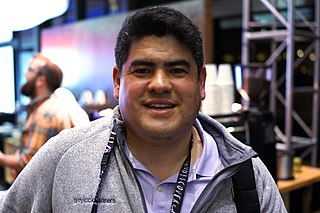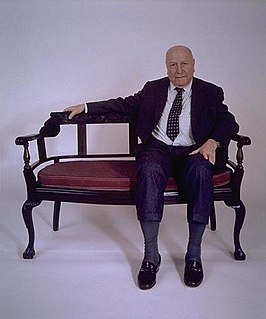A Quote by Warren Buffett
A contrarian approach is just as foolish as a follow-the-crowd strategy. What's required is thinking rather than polling.
Related Quotes
None of this means, however, that a business or stock is an intelligent purchase simply because it is unpopular; a contrarian approach is just as foolish as a follow-the-crowd strategy. What's required is thinking rather than polling. Unfortunately, Bertrand Russell's observation about life in general applies with unusual force in the financial world: "Most men would rather die than think. Many do."
'Crowd folly', the tendency of humans, under some circumstances, to resemble lemmings, explains much foolish thinking of brilliant men and much foolish behavior - like investment management practices of many foundations represented here today. It is sad that today each institutional investor apparently fears most of all that its investment practices will be different from practices of the rest of the crowd.
Our strategy is very horizontal. We're trying to build a social layer for everything. Basically, we're trying to make it so that every app everywhere can be social, whether it's on the web or mobile or other devices. So inherently, our whole approach has to be a breadth-first approach rather than a depth-first one.
The music I'm playing now is the music I always imagined myself playing when I was a kid. It's been nice to use my instrument a bit more - play the guitar in a more fun way with riffs and stuff like that - rather than just propping up a whole song with a guitar and my vocals. There's so much more energy in the crowd as well; they've been bouncing around and having fun, and it's nice to feel like you're a part of something in a room rather than just performing for a crowd.
The confidence in the unlimited power of science is only too often based on a false belief that the scientific method consists in the application of a ready-made technique, or in imitating the form rather than the substance of scientific procedure, as if one needed only to follow some cooking recipes to solve all social problems. It sometimes almost seems as if the techniques of science were more easily learnt than the thinking that shows us what the problems are and how to approach them.
































